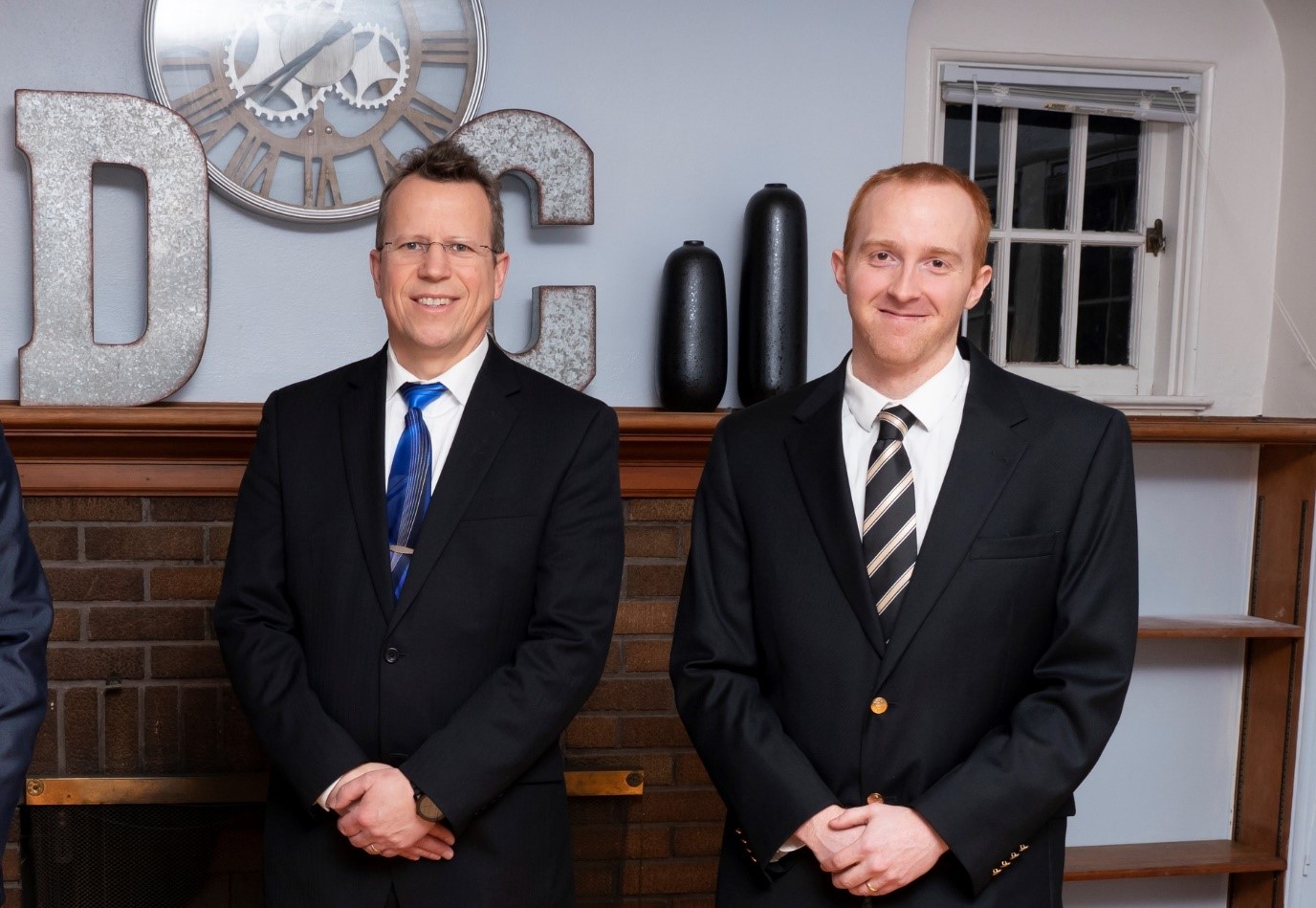Student Research Spotlight

Jonathan Paul Ore
Department:Mechanical Engineering
Advisor:Eckhard Groll / Herrick Laboratories
Research Title:The DC Nanogrid House: Converting a Residential Building from AC to DC Power to Improve Energy Efficiency
Research Description:
The modern U.S. power grid is susceptible to a variety of vulnerabilities, ranging from aging infrastructure, increasing demand, and unprecedented interactions (e.g., distributed energy resources (DERs) generating energy back to the grid, etc.). Coupled with an electrical network referred to as one of the most complex systems of all time, and an overall D+ rating from the American Society of Civil Engineers (ASCE), these caveats necessitate revaluation of the electrical grid for future sustainability. Several solutions have been proposed, which can operate in varying levels of coordination. A microgrid topology provides a means of enhancing the power grid, but does not fundamentally solve a critical issue surrounding energy consumption at the endpoint of use. This results from the necessary conversion of Alternating Current (AC) power to Direct Current (DC) power in the vast majority of devices and appliances, which leads to a loss in usable energy. This situation is further exacerbated when considering energy production from renewable resources, which naturally output DC power. To transport this energy to the point of application, an initial conversion from DC to AC is necessary (resulting in loss), followed by another conversion back to DC from AC (resulting in loss again). Within a residential setting, a nanogrid scheme offers the capability of mitigating these losses through the employment of a central DC bus. This also supports renewable energy generation, such as wind and solar power, which are rapidly becoming more commonplace around U.S. homes. Finally, the nanogrid solution is also customizable and scalable, offering a bottom-up solution to rectify the overarching electrical grid problems currently facing the country.
Why CIGP?
My background has been consistently based in interdisciplinary academics, including a recent master’s degree in interdisciplinary engineering. My PhD research has continued this focus, combining the fields of Electrical, Mechanical, and Civil Engineering collectively into one project. IGP serves as a perfect resource to support these efforts, and share resources with other similarly-minded students.
Awards:
- Ingersoll-Rand Fellowship Award Recipient - Purdue University (2017 - 2018)
- ASHRAE Graduate Student Grant-in-Aid Award Recipient - Purdue University (2019 - 2020)
Publications:
- Evaluation of Fixed and Variable Speed Compressor Energy Consumption in a Residential Environment Before and After Building Renovations (ASHRAE 2020 Orlando Conference)
- Evaluation of a Hybrid AC/DC Powered Residential Split-System Heat Pump Performance using a DC Nanogrid (IEA 2020 Heat Pump Conference)
- Design and Evaluation of a Decentralized and Distributed IoT Home Monitoring System within a DC Nanogrid (ASHRAE 2020 BPAC Chicago Conference)
- Analysis of a Residential House for the Design and Implementation of a DC Nanogrid (IEEE 2020 ISGT Conference)
Leadership:
- Purdue Racquetball Club - Vice President

